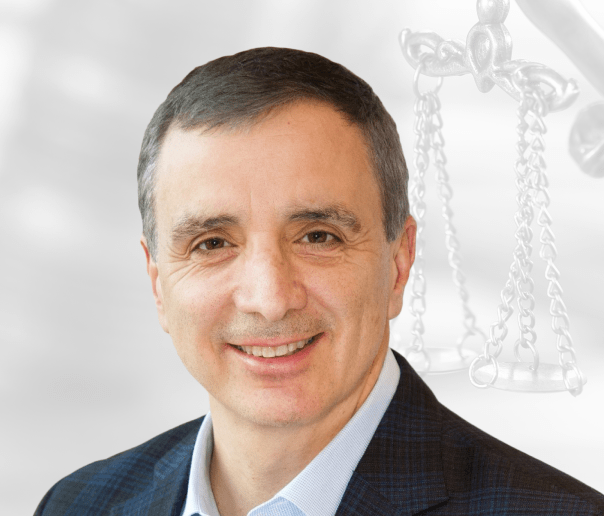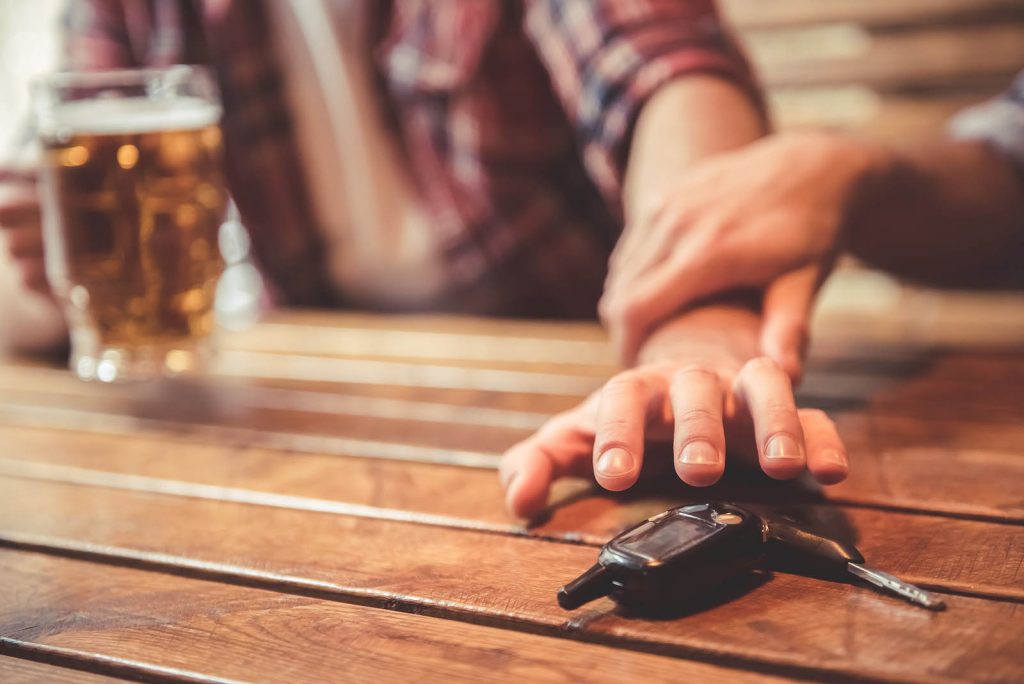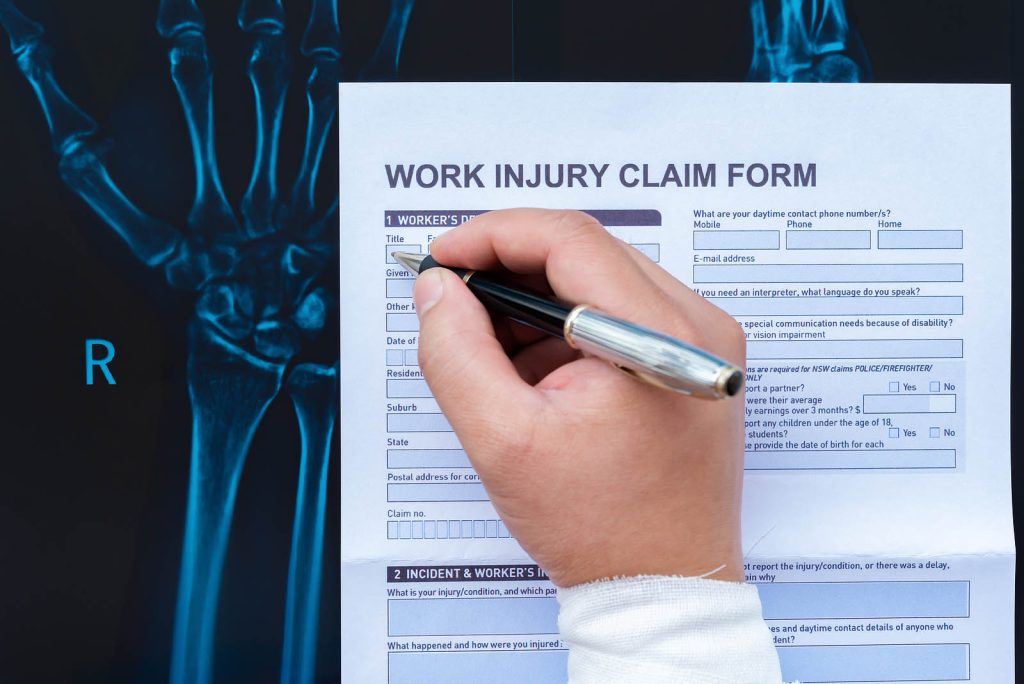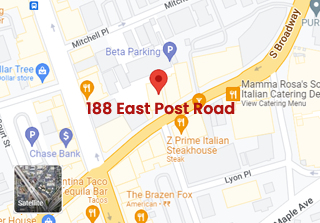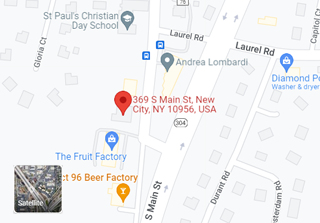Ever since New York adopted harsher penalties for individuals convicted of multiple driving while intoxicated offenses, the number of people who have lost their licenses has been on the rise. According to data from New York’s Department of Motor Vehicles, almost 2,000 applications for driver’s licenses have been denied since the rules took effect.
The rules provide for different outcomes, depending on the driver’s past history. Consequently, drivers have faced license revocations for different lengths of time following DWI convictions. The Department of Motor Vehicles has reported that:
- 1,040 people have permanently lost their licenses
- 902 people have received five-year extensions on their license revocations
- 21 people have received two-year extensions on their license revocations
When the new rules took effect, Governor Cuomo’s office predicted that it would result in the loss or temporary revocation of 20,000 driver’s licenses in New York during the first year alone.
Overview Of New York’s New Rules For Drivers With Multiple DWI Convictions
The new regulations went into effect on September 25, 2012. Under the new regulations, the penalties for a driving while intoxicated conviction become more serious depending on the driver’s prior DWI conviction history.
When a driver in New York has had two or more driving while intoxicated convictions during the last 25 years, he or she may not regain their driving privileges early. Previously, if a driver took part and finished the Drinking Driver Program, he or she could end the driver’s license revocation or suspension period early.
In addition, if a driver has three or four DWI convictions in 25 years, he or she will lose driving privileges for two to five years. Thereafter, the motorist can apply for a so-called problem driver license for an additional two to five years.
Finally, the rules are harshest for those who have three or four driving while intoxicated convictions who also have been convicted of a serious driving offense, such as causing a deadly motor vehicle accident. In such situations, the motorist faces the permanent revocation of his or her license. Exceptions are allowed only in cases of “compelling or extenuating circumstances.”
These rules could affect a large number of New Yorkers, as Governor Cuomo’s office has reported that 15,000 New York motorists have received three or more DWI convictions in the last 20 years.
Notably, the rules also affect drivers convicted of a “high point” (5 or more points) driving violation. A lifetime driving record review is triggered.

